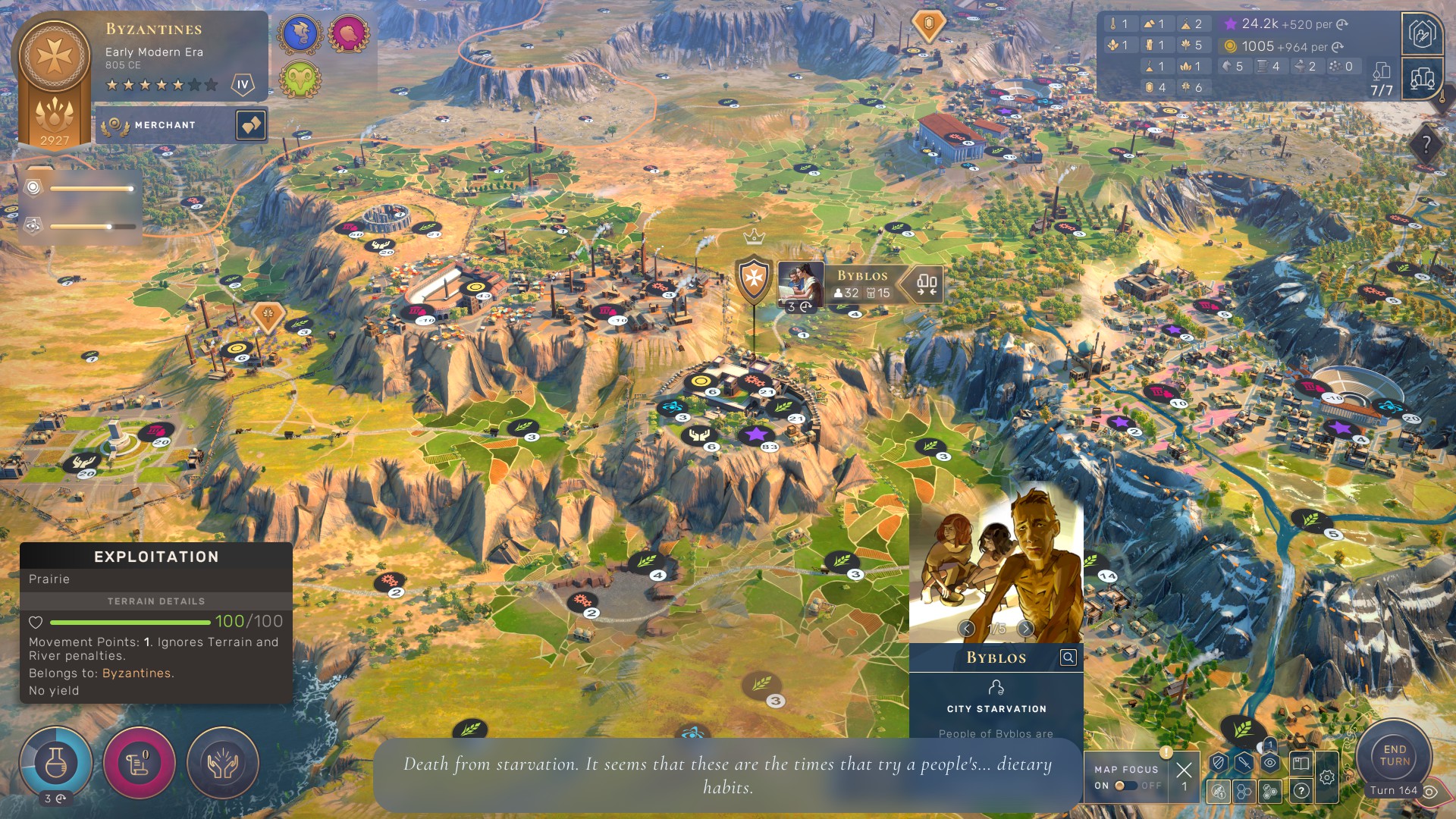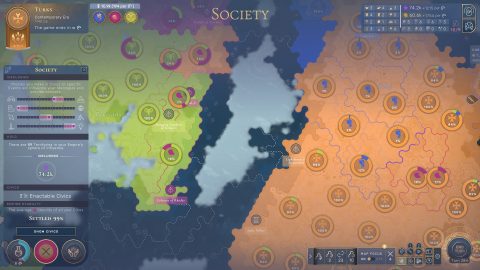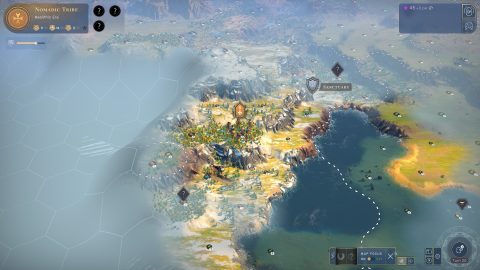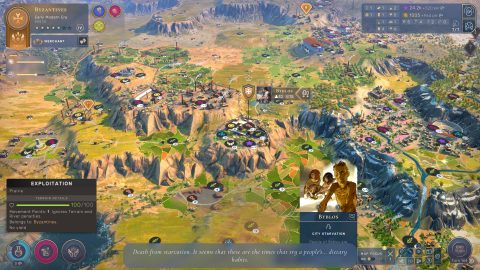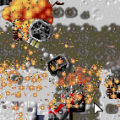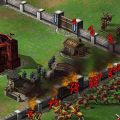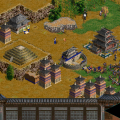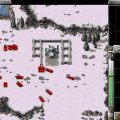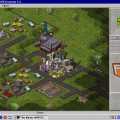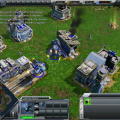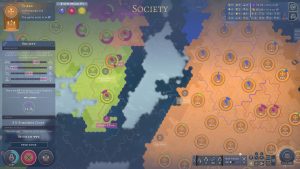Sid Meier’s Civilization has not only been a household brand for decades, but has also become the de facto benchmark for historical turn-based 4X games. For better or worse, it’s dominated that particular subgenre for so long that for it would be a tall order for any new competitor to step up. Enter Amplitude Studios. Having made its name as indies with the acclaimed Endless Space series, the now SEGA-owned company announced on August 2019 that it was working on Humankind, a new IP treading right into that nigh-monopolistic niche. As founders Romain de Waubert and Jeff Spock remarked in the first video diary on February 6, 2020, this wasn’t just a culmination of the work they’d done up until that point. It was to be their “dream game”, their magnum opus.
The road to launch, however, proved to be far from smooth, ranging from disruptions brought by the COVID-19 pandemic, to further delays due to the feedback Amplitude received from its “OpenDev” beta-testing, the game was finally released to PC, macOS, and Google Stadia on August 17, 2021. Though the end-product has neither dethroned Civilization nor met those lofty ambitions, there is nonetheless much potential in it.
On the surface, there is some overlap between Humankind and Sid Meier’s brainchild. If you’ve played any entry in that franchise, certain elements would be familiar enough, including the hex-based tiles. You’re tasked with forging a nation through the ages, standing the test of time with either diplomacy, scientific advancement (complete with a similar tech tree), or conquest. There are even parallel mechanics, including stability (comparable to “happiness”), cultural influence (which can influence a city’s loyalty) and basic resources such as food and industry. These, however, are where the similarities end.
For one, there are no factions to choose from. This is further reinforced by an average round starting off at the tail-end of the Neolithic Era, wherein the first turns focused on being as a nomadic tribe. After settling down, and later entering a new Era, you have option to select among various cultures (from the mercantile Harappans in the Ancient Era to the industry-oriented Australians in the Contemporary Era), each with their own distinct perks, affinities(Aesthete, Agrarian, Builder, Expansionist, Merchant, Militarist, and Scientist), emblematic quarters (analogous to “districts”) and units. Though the option is there to stick to the same choice while aging-up, not only does switching things grant new bonuses, but also keeps preexisting ones. This allows for ample room to experiment with how your Empire evolves through time, resulting in thousands if not over a million combinations that conceptually make each one unique.
The visuals and overall presentation are another big selling point. In the place of pre-set historical leaders, players instead can customize an avatar to represent their Empire, and save multiple ones. Not only do these have different genders, voiced lines and personalities, but their appearances also “evolve” over time based on the culture chosen; the last time players saw something like their characters changing from animal skins to uniforms and formal suits in a major historical 4X title was Civilization III. Meanwhile, the randomly-generate maps have a very naturalistic look to them. Combined with the colorful painting-like aesthetics and the distinct looks of units, sprawling cities, etc., as well as a dynamic soundtrack encompassing various parts of the globe, the attention to detail Amplitude put in is exceptional.
Then, there’s “fame”, arguably Humankind’s most central feature. A key resource meant to represent your Empire’s impact on history, this is primarily generated by “era stars”, which are needed to age-up, and earned by completing objectives that match a chosen culture’s affinities; this coincidentally incentivizes “transcending” without opting for another culture by strengthening the rate in which fame is produced. Such is the importance of accumulating this, that the default winning condition is getting the most of it by the end of a match (300 turns on normal speed), not counting the space race, time limit, and “Last Human Standing” (conquest) outcomes. At the same time, it could also be farmed by building cultural wonders, finishing late-game “National Projects”, accomplishing deeds (achievement-like missions that include being the first to circumnavigate the globe and discovering a milestone technology), and choosing certain decisions in Narrative Events (visual novel-type interludes carried over from the Endless franchise which can give rewards or penalties). Despite the at-times singular focus on accumulating as much fame as possible, there’s significant variety in how one does it.
The game also builds upon other mechanics seen in Amplitude’s earlier titles. While settlers can be deployed to found a city, you’re more likely to form such from outposts previously set up to expand territory. The cities themselves are much more spread out, being comprised of a “main plaza” from which radiates myriad structures and districts which generate or enhance resources, conceptually giving players ample room for specialization; as an added touch, adjacent cities could even be absorbed, making it possible to have a continent-spanning megalopolis. Warfare, meanwhile, revolves around on upholding demands/grievances, maintaining “war support”, and reducing your foes’ to the point where they surrender (with consequences usually ranging from reparations to forced vassalization); this is meant to simulate how conflicts aren’t all wars of extermination or “map-painting” conquests as in certain other grand strategy and 4X titles. Which isn’t to ignore combat itself (with affected parts of the map cordoned off to represent battlefields that could last more than one turn), in which unit composition, visibility, veterancy, and elevation factor in much more than just doomstacking opponents. Coupled with more subtle differences (like a more fluid trade node system), and the resulting product could almost be as addicting as any Civilization title. That is, when it all clicks.
Despite the developers’ ambitions and Humankind’s theoretical strengths, however, these unfortunately didn’t translate well into a polished “just one more turn” experience. Myriad bugs and issues (some left over from the OpenDev betas) made themselves evident at launch, whether it’s an “end turn” glitch that never stops, a poor notification system, broken multiplayer, spotty AI forcing players along unintuitive playstyles, or pollution being so easy to accumulate by the late-game that it undermines the intended climate change commentary. The myriad mechanics, when working as planned, were criticized as being too numbers-heavy and ironically, lacking the trademark narrative flair of the Endless titles. While the idea of Empires aging-up with cultural options allowed for significant variety, it’s also heavily scrutinized as jarring enough (such as potentially going from Edo Japanese to Swedish) as to remove any sense of continuity (leading to confusing diplomacy screens); that this strips any apparent historical authenticity has also led to accusations of “woke” propaganda, despite having the option to choose a similar successor-culture or transcend with the one you already have.Add in the inevitable comparisons to Civilization VI (already with several updates and DLC by then), and it’s not hard to see how the game seems to have stumbled far below its pretensions to be a magnum opus.
Thus, despite generally positive reviews from critics, the title (alongside Amplitude itself), gained a much more mixed reception among gamers and a truncated multiplayer base; reportedly, its average concurrent player base on Steam had dropped from about 25,000 at launch to 4,300 by early May. Despite attempts at bug-fixing, as well as hosting special community events(with new in-game objectives and unlockable content) and a Cultures of Africa DLC pack, there still persist enough balancing issues and bugs to fuel pessimism, if not outrage. Such divisiveness could be seen even on the otherwise non-toxic Games2Gether forums hosted by the developers, seemingly dulling any attempt at positive feedback or drawing in newcomers.
That said, to call Humankind a failure would be far too premature.Since the rough release, several free updates have not only added more character and flavor (such as more unique unit and structure aesthetics for various cultures), alongside fixes and functional mod support. These have also managed to add several gameplay and quality-of-life tweaks, from more robust multiplayer to better UI, more balanced mechanics, and transparency of information; the recent “Bolivar” patch notably overhauls warfare to give players more agency and generally be more intuitive. While such updates have not come out as frequently as those from larger companies, it couldn’t be ignored how these make the overall experience closer to the studio’s original vision.
There’s still a long road ahead for Amplitude with regards to shaking off the cynicism and disappointment stemming from launch. Nonetheless, the game’s future remains as brimming with potential as ever, especially with the developers’ commitment towards seeing it through to the end. Whether it succeeds in being a magnum opus is an open question. Although it may not dethrone Sid Meier’s juggernaut anytime soon, few would deny that, warts and all, there’s passion behind this effort to bring some genuine diversity into a seemingly monopolistic landscape.
